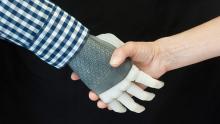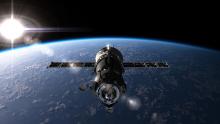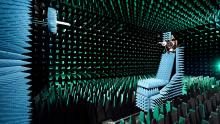Collaboration enriches Romania's agricultural industry

An EU-funded project has equipped agricultural economists with advanced tools and techniques to support Romania's important farming and agro-food industries while raising the international scientific and academic profile of the country's leading agricultural university.









